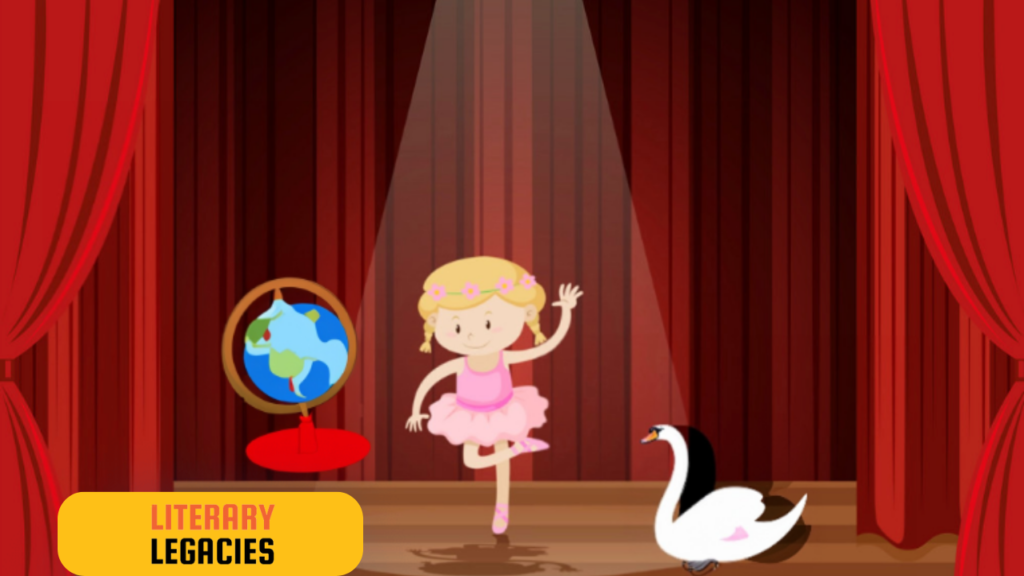As I talk to several students every day, a common problem English Literature competitive exam aspirants face is that, despite studying long enough, they cannot retain the notes.
I know it is frustrating and can lead you to believe that you are an average student or have a poor memory.
What if I tell you it is not your mistake? The education system was not mainstream enough to foster an educated society.
Surprised? I know.
Jade Bowler, in The Only Study Guide You’ll Ever Need To Ace Your Studies, talks about the beginning of the education system. Here is you need to know.
Public education came with industrialization at the end of the 18th century in the UK. People started working in industries, but they were not well-mannered.
To make workers obedient, the education system was introduced. Labourers were taught with repetitive exercises. Hence, rote learning became the foundation of this newly invented system. That’s why there is no space for creativity.
If you are not able to retain information for long, you are not alone, and definitely not an idiot!
Every student struggles with memory retention, and it does not make all of them less intelligent. So do not question your intelligence if you have failed to crack the UGC-NET English Literature exam. Alright?
The problem is not intelligence.
Schools do not want to tell us that there system heavily rely on rote-learning. How can they? It would be such a shameful thing to disclose.
Therefore, you require little intelligence to tackle competitive exams if you know how to memorize the material. Let’s discuss the secrets to retaining information for a longer time.
Rethinking Note-Taking In The Digital Era
Every English Literature student’s competitive exam journey starts with British Literature. It is the subject from where the maximum questions will come in the exam. After British Literature, literary criticism and literary theory came next.
If you are a beginner, read the beginner’s guide to crack competitive exams.
The Indian education system has taught only one technique to learn, and that is taking down handwritten notes. It’s what we have been doing throughout the schooling years.
Unfortunately, the traditional system of writing notes consumes a lot of time, and as a literature student, you have a lot to cover in less time. So, you cannot rely on one strategy.
Many opt for the study material we provide to short-circuit the tedious task of collecting the material.
Unfortunately, not everyone can purchase our course. I understand it. As a student without a solid financial background, it can be challenging to invest in a course or material right now.
In this case, learning digital note-making can save thousands of hours.
1. Writing one page of notes can take around 30 minutes, but the same can be done on a digital document in less than a minute.
2. Digital note-taking is easy to organize, and there is no fear of misplacing the material.
3. As an assistant professor, I used to rely highly on digital notes, for it provided better convenience to carry my iPad from one class to another.
4. It’s easy to copy and paste an article to use it later. Furthermore, with AI, it’s easier to summarize the information into short notes to revise multiple times before the exam.
There are a myriad of advantages if you learn the art of taking notes digitally.
It generally takes 40-50 days to complete British Literature, but with digital note-taking, you can complete the same in a few days.
Take the printouts of your notes and revise them multiple times to get a command of the subject.
Remembering Chronology
I am surprised when the students tell me they cannot remember the dates and years of publication of important works and events in Literature.
For me, it was always fun to remember the years. Let me share with you a mental trick I have been using for years to excel in my career.
It is: “Gamifying The Tasks”
It is always easy to get things done if you approach the task as a game.
For example, this morning, I decided to write a blog of 800 words. After writing every 100 words, I shout a big “yeah!” and then laugh out loud.
I know it’s silly, but as a writer, I have to write every day. I have been doing it for 10 years now.
“Follow your passion…” does not work every day. Definitely not when you have been doing the same things for 10 years. Things get boring for me, too. So, I also have to keep myself motivated to complete the tasks.
I applied the same “Gamifying The Tasks” while preparing for UGC-NET English Literature.
It was overwhelming to remember all the publication years at first, but it was fun to remember it through Mnemonics and tricks.
Let’s take an example of important Elizabethan Theatres:
The Theatre (1576)
The Curtain (1577
The Rose (1587)
The Swan (1595)
The Globe (1599)
Imagine: As the theatre’s curtains rise, a scene opens: a girl named Rose feeds a swan against the backdrop of an antique globe.

Now, it’s easy to remember years, too: the time duration for above play is 1576-1599. After 1576, comes 77 and then 87. Swan came in 95 and the play ends in 99.
Take away: Mix different strategies. I drew a lot of images in my notes to retain the information. It also reduced my revision time.
You don’t have to revise every word as you revise your material. Pictorial representation of your notes make things permanent in your memory. It’s easy to remember a picture than the material.




Sir, i. Am from karnataka kannada medium student, i. Am very inerested tor to pass the net examinatio please help me to get the exam 🙏🏻🙏🏻👌
Sir please share your 😋deas and tricks more….. Help us get to pass the exam